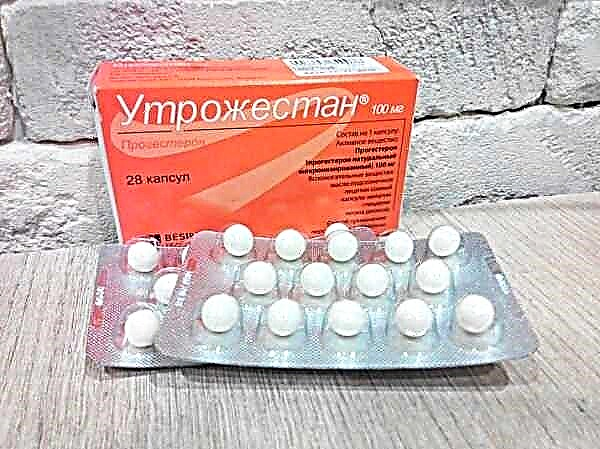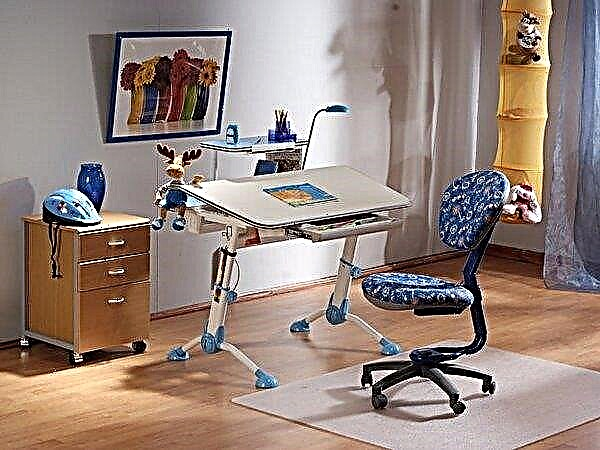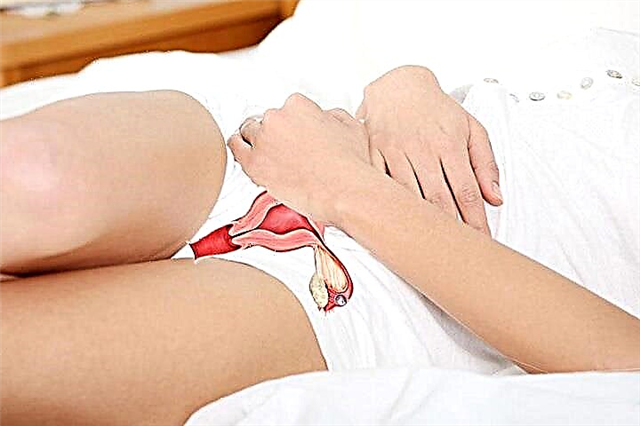Dehydration is the process of losing water in the body. Children under the age of one are at risk and are sensitive to a decrease in fluid levels. Therefore, it is so important for parents to study the topic "Dehydration of the child's body, symptoms and prevention."

Mom with a bottle
Features of dehydration in newborns
The sensitivity of infants to moisture loss is due to simple factors:
- In a child's body, a higher water level is about 75%, while in an adult it is 60%.
- Higher ratio of body surface to body weight. This facilitates more moisture evaporation through the skin.
- Compensation mechanisms are undeveloped - the body's ability to control the water level in the body by concentrating urine.
- The kid cannot independently provide himself with drink, depends on the actions of the adult.
Dehydration is not an independent disease. This is a condition caused by the development of a viral infection (rotavirus, adenovirus, norovirus) or a bacterial infection (E. coli, salmonella). In the fight against them, the body includes protective mechanisms. This leads to the first signs of dehydration in infants.
Causes of fluid level disturbances in children:
- Frequent and prolonged vomiting;
- Diarrhea;
- Heat;
- Refusal to eat and drink (may be caused by sore throat).
- Diabetes;
- Hereditary diseases (cystic fibrosis).
Important! Often the factor that provoked dehydration of the baby is banal overheating. The baby's heat exchange functions are not yet sufficiently formed, the skin is thin. The child can quickly freeze, but it will overheat even faster, which leads to increased sweating and the appearance of skin rashes.

Diaper change for diarrhea
How to tell if your baby is dehydrated
When dehydration occurs in infants, the symptoms differ due to its appearance. Some signs arise from the effect of water loss on the body, others - as a result of the action of compensation mechanisms.
The main signs of dehydration in a child are:
- Deterioration of the general condition: lethargy, drowsiness.
- Foamy saliva or lack thereof.
- Pallor of the skin.
- Rapid shallow breathing.
- Capriciousness, crying without tears;
- Thirst.
- Reduction of urination.
Important! Sometimes, dehydration of the baby can provoke volumetric regurgitation after eating. It is important to ensure that the baby does not trap air during feeding; after eating, you should hold him with a column.

Regurgitation of a baby after feeding
How to determine the degree of dehydration
In order to understand how to improve the well-being of the baby, it is necessary to determine the stage of dehydration: mild, moderate or severe.
Symptoms of dehydration in a child at different stages:
- Mild - a feeling of thirst, loose stools (up to 4-5 times a day), frequent regurgitation, decreased urine output.
- Medium - frequent stools (up to 9-10 times a day) with possible particles of mucus or blood, intense vomiting, dry mucous membranes (mouth, nose), salivation is weak, viscous, pulse is weak. In addition, urination becomes infrequent, the fontanelle recedes.
- Severe - no urination, mucous membranes dry out, the eyelids do not close, the skin is marbled in color, gathers in folds, cold hands and feet. In a severe stage of dehydration, the child refuses to drink, drowsy, lethargic.
Attention! Absence of urination for more than 6 hours is a dangerous symptom that requires determining the cause. It is also important to monitor the appearance and smell of urine - the presence of a pungent odor and an unnaturally bright color is a reason to see a doctor.
What parents do if they suspect dehydration
Having noticed the first signs of dehydration in a child, it is necessary to find out the exact cause of this process and try to eliminate it. At elevated temperatures, use antipyretics, for a viral or bacterial infection - drugs prescribed by a doctor. If the reason for fluid loss is overheating, move the baby to a cool room, undress, buy.
The next step is gradual desoldering. If you suspect dehydration, you need to give the child a teaspoon of clean boiled water every 5 minutes. It is better to do this with a syringe. The procedure should be repeated until the skin turns pink, breathing calms down, urination is normalized.
Council. If the baby is breastfed, the condition can be improved by frequently applying the baby to the breast. Mother's milk contains a significant percentage of water.

Soldering with a syringe
First aid for dehydration
If the middle stage of dehydration occurs, the desoldering becomes more intense. Sugar should be added to the water - the body needs glucose. Green tea, a decoction of dried fruits, water with the addition of lemon, compote well restore the water balance. Do not drink fruit juice.
An effective remedy for restoring fluid levels are special rehydration medications available at the pharmacy.
An alternative to such drugs can be a remedy cooked at home from improvised products:
- 1 liter of boiled water;
- 40 g of sugar;
- 1 tsp salt;
- 5 tsp baking soda.
It is necessary to give this solution to drink regularly, at the rate of 10 ml per 1 kg of the child's weight for an hour in small portions (if the baby weighs 8 kg, then in an hour he must drink 80 ml of liquid).
Important! Children should not be given isotonic drinks designed to maintain water balance during sports training.

Child with drinker
How to treat dehydration in children
With fluid loss, the natural balance of electrolytes, sodium, potassium and chlorine is disturbed, which leads to malfunctioning of all body systems.
Treatments for dehydration at home include oral rehydration therapy. The drugs Rehydron, Humana-electrolyte are used.
In case of hospitalization with a serious condition of the child, pre-oral or intravenous treatment is used.
A solution of rehydration salts is administered orally using a nasogastric tube. Intravenous infusion is given with Ringer's lactate solution.
In the course of treatment, solutions of glucose, sodium chloride (saline), potassium salts, bicarbonate or isotonic solution are used. In parallel, the treatment of the disease that caused dehydration is carried out.
When medical attention is needed
Mild dehydration, subject to a timely response, does not require a visit to a doctor. Proper care and soldering will normalize the baby's condition. In the presence of more serious symptoms (intense vomiting, loose, frequent stools, feeling unwell), it is necessary to consult a pediatrician, conduct an examination, he will determine the child's condition and prescribe treatment.
A severe form requires immediate hospitalization. It is not difficult to recognize it - the baby feels very bad, almost does not move, he is tormented by continuous vomiting, the temperature rises, but the limbs are cold, the skin is pale, marbled, the lips are cracked.

Baby under a dropper
What can be the consequences
Do not underestimate water imbalance - the consequences can be very serious:
- Dizziness, loss of consciousness;
- Muscle cramps;
- Disruption of the heart, digestive system;
- Mental disorders;
- Renal failure;
- Cerebral edema;
- Fatal outcome.
Attention! Even mild dehydration has a negative effect on the body's absorption of drugs. This feature is especially unsafe for children with chronic diseases who have to take medications regularly.
When you can't unsolder your baby
There are times when oral treatment at home cannot help. The main factors under which unsoldering is unproductive and can only harm:
- Vomiting is continuous and profuse;
- Impaired consciousness;
- Abrupt cessation or absence of urine for 12 hours (may indicate renal failure);
- Diabetes.
This condition requires qualified medical attention.
Dehydration in a child under one year old is especially dangerous - the body's functions are not yet sufficiently developed. The crumb is susceptible to all external factors, quickly loses fluid. Only competent soldering in the early stages or timely treatment with more serious symptoms can protect the health of a newborn from serious consequences.



